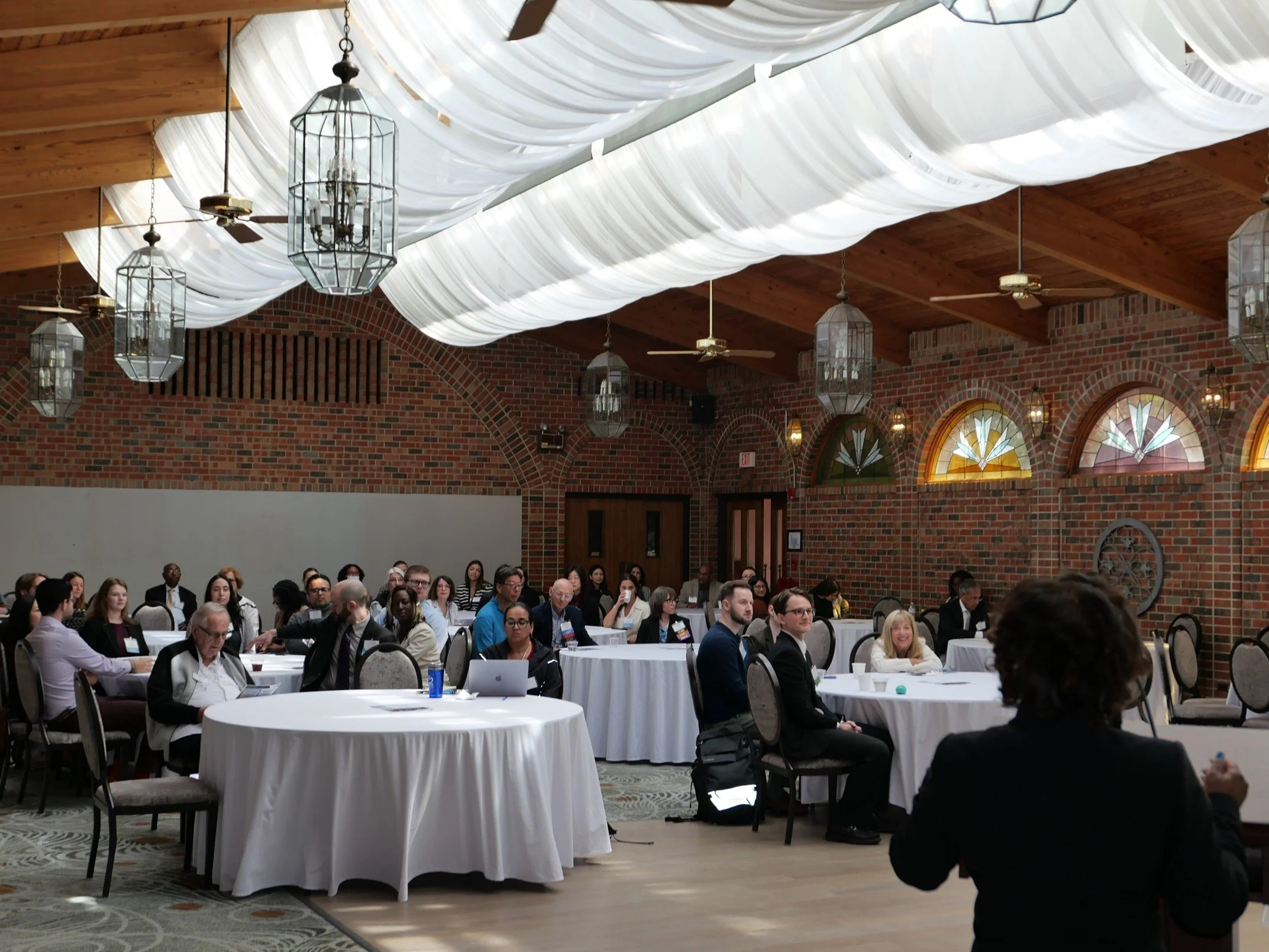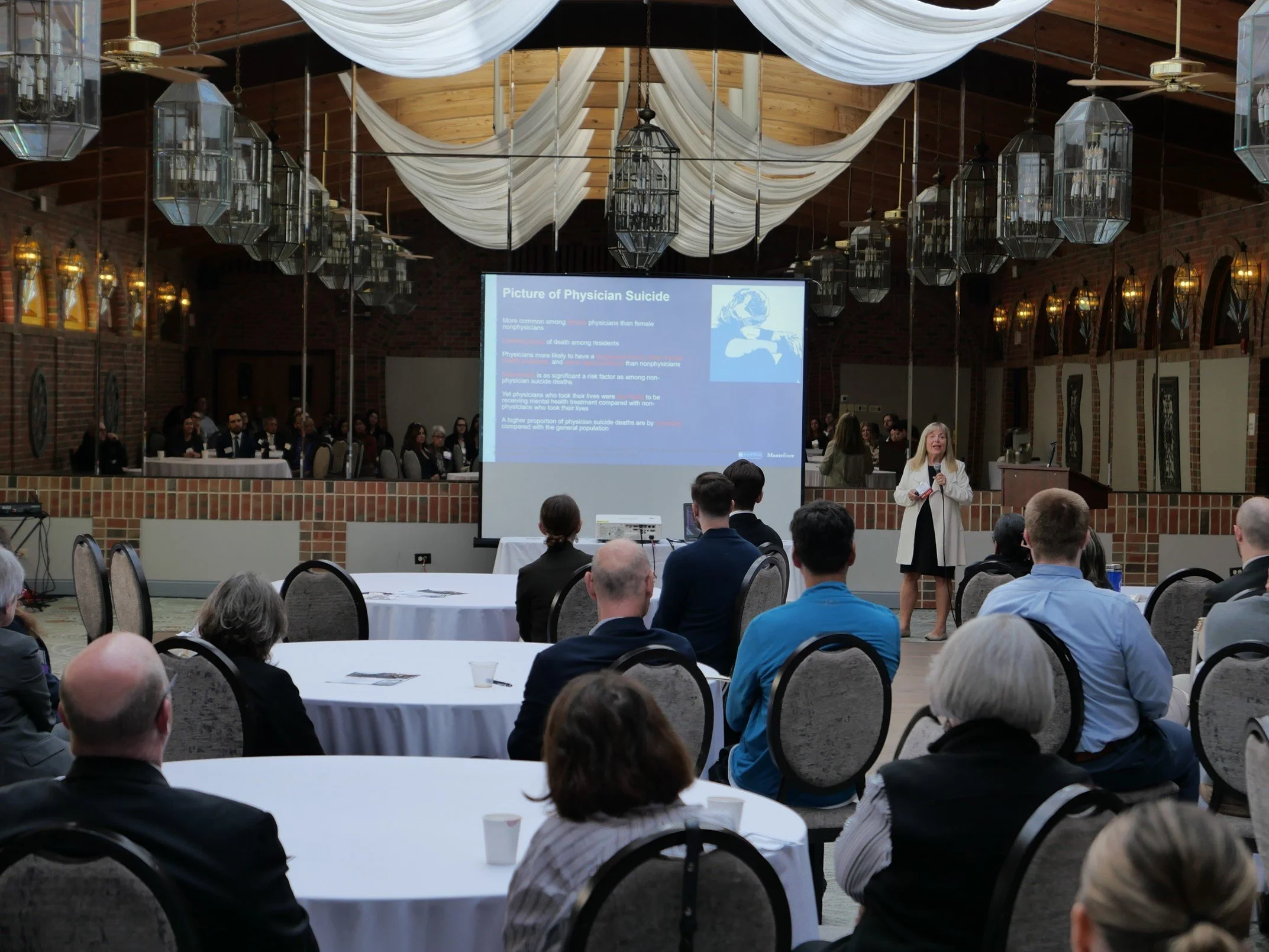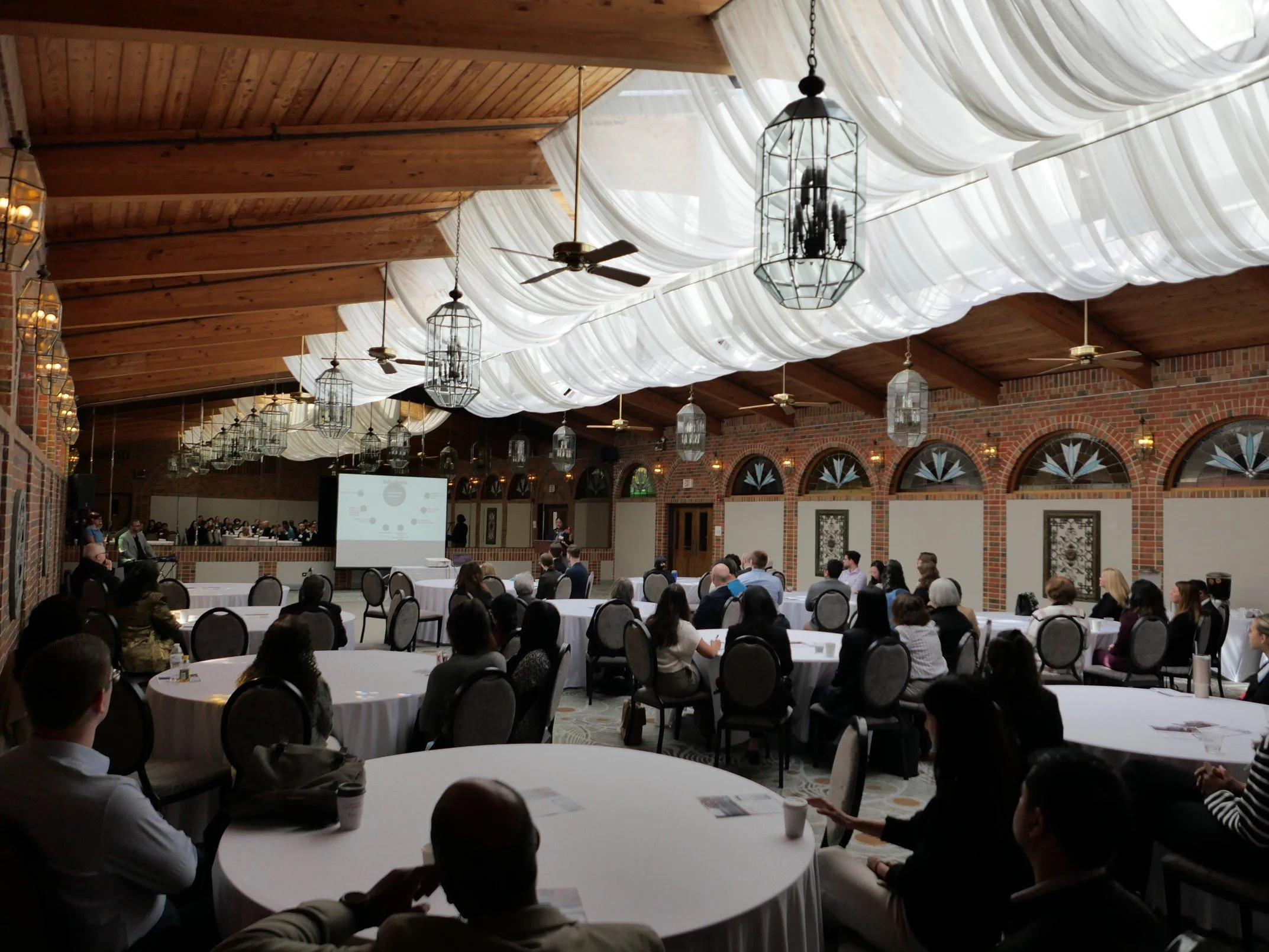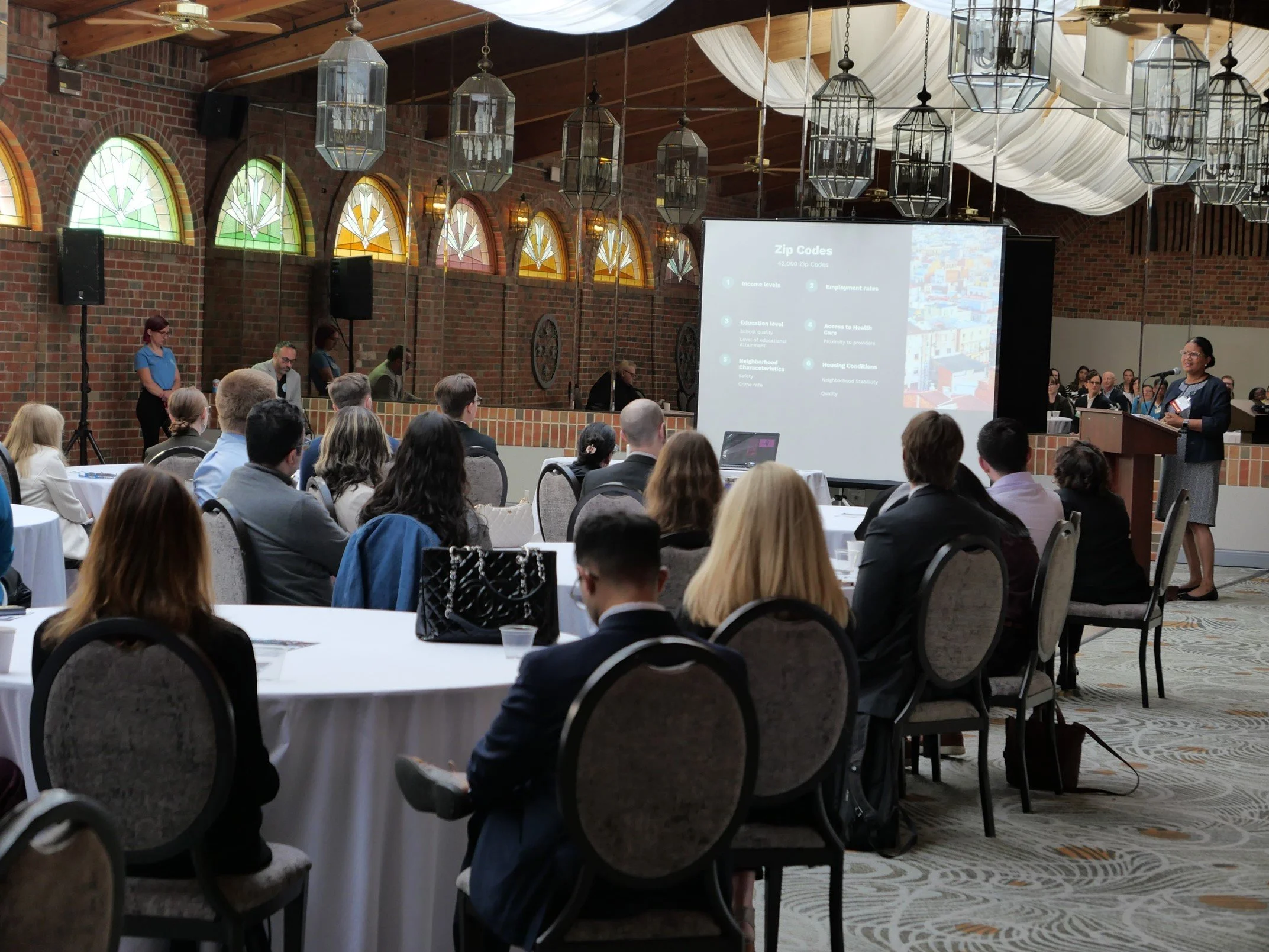Electronic Fall 2025 | Issue 64
Educational Session Review at the 2025 IPS Annual Meeting
By: Ji in (Vivien) Choi
On Saturday, September 6th, members of the Illinois Psychiatric Society gathered at the Holiday Inn Countryside for the annual meeting. This year’s theme, Resilience, Renewal, & Revitalization: Cultivating Well-Being During Times of Change, was reflected through three thought-provoking sessions that explored the intersections of resilience, physician well-being, and the emerging mental health challenges posed by climate change.
The first lecture, “Zip Codes Matter: The Social Determinants of Resilience,” delivered by Dr. Wendi Wills El-Amin highlighted how resilience is shaped not only by individual characteristics but also by larger social forces. She discussed how socioeconomic status, access to healthcare, and the presence of community support systems can profoundly influence mental health outcomes. Through real-world examples and clinical insights, she emphasized that cultivating resilience requires a broader understanding of the environments in which patients live, work, and grow.
The second session, “Physician Mental Health: Psychological PPE in 2025,” presented by Dr. Carol A. Bernstein, reflected on the current healthcare environment and the mounting pressures contributing to physician stress and burnout. She underscored the importance of addressing both systemic and individual factors, offering practical strategies that can foster growth, strengthen resilience, and promote long-term well-being. Her talk reinforced the importance of supporting colleagues not only as practitioners of medicine but as individuals navigating complex professional and personal demands.
The final lecture of the day, “The Call to Care: What We Need to Know and Do About Climate and Mental Health,” given by Dr. Lise Van Susteren, focused on the mental health consequences of climate change, particularly among youth and vulnerable populations. She shared emerging research on the physiological and psychological toll of environmental disruption and stressed the urgent role that mental health professionals can play in advancing awareness and action. Her call to advocacy underscored the profession’s responsibility not only to treat but also to lead in addressing this growing public health challenge.
Together, these sessions offered attendees a comprehensive exploration of resilience and how it is shaped by social context, how it must be protected within the profession, and how it is threatened by global forces such as climate change. The annual meeting left members with both practical strategies and a renewed commitment to advancing well-being in times of rapid change.





